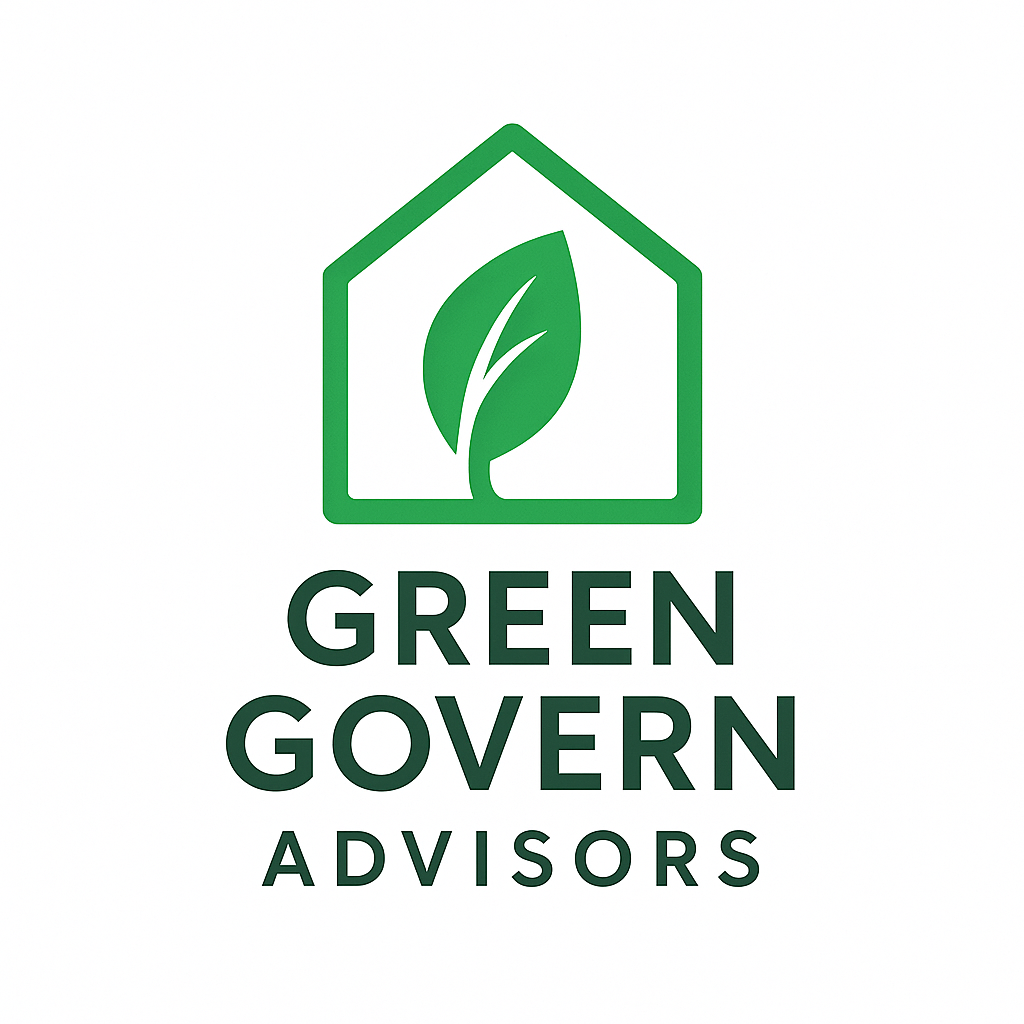Environmental, Social, and Governance (ESG) principles have become essential levers of competitive advantage in today’s rapidly evolving global landscape. No longer just about regulatory compliance, ESG is now a blueprint for long-term resilience, stakeholder trust, and financial performance.
Environmental strategy means actively reducing emissions, investing in renewable energy, and rethinking supply chains to meet climate targets. Companies like Unilever and Ørsted are leading the way—demonstrating that sustainable operations can drive both innovation and profitability.
Social responsibility is about more than community programs; it’s about embedding fairness, equity, and inclusivity into the workplace, and fostering meaningful stakeholder relationships. Firms with strong social metrics are increasingly preferred by talent, customers, and investors alike.
Governance ensures decisions are made ethically, transparently, and with accountability. Strong governance mitigates reputational risks and strengthens investor confidence, particularly in times of crisis.
Emerging standards like the ISSB framework and the EU’s CSRD are shaping a new era of accountability. Organizations that proactively adapt to these expectations are already seeing benefits in capital access, brand loyalty, and operational efficiency.
ESG is not a trend—it’s a transformation. It demands a shift from reactive disclosure to proactive strategy. Businesses that lead with data, purpose, and action won’t just survive—they’ll shape the future.
The momentum is real, the expectations are clear, and the opportunity is now

